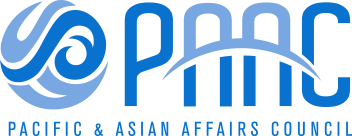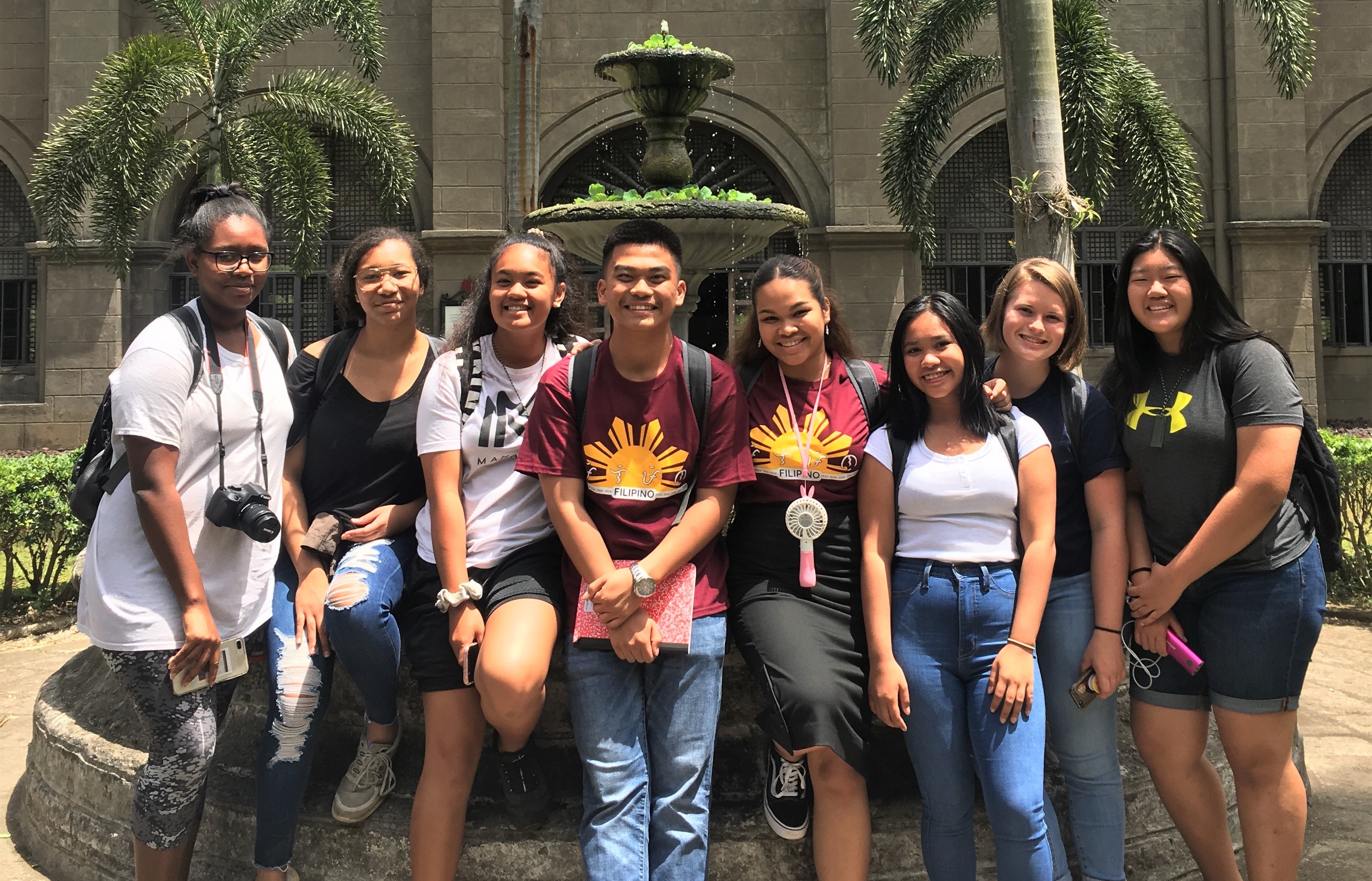Over spring break, eight high school students from Oʻahu travelled to the Philippines, visiting a series of non-profit organizations, social enterprises, and schools to learn how Filipino people at the grassroots level are addressing issues of cyclical poverty and lack of access to resources. This trip emphasizes a shift in how we think about “voluntourism” by recognizing that it is often local solutions and voices that hold the key to creating lasting change, and that we as visitors should be knowledge seekers and not saviors.
During the week in Manila, students were tasked with observing the models employed by each organization they visited, whether charity, business, or educational, and analyzed their effectiveness and shortcomings. They were then asked to imagine how such a model would function in Hawaiʻi. The end goal of the trip was to apply lessons learned in the Philippines to address issues we also face in Hawaiʻi, leveraging the solutions created by community activists in similar situations to jump-start efforts at home.
The group’s visits included trips to Gawad Kalinga, a cooperative, organic farm that doubles as a university and social enterprise incubator; Bahay Tuluyan, an organization by and for street children providing a safe space, advocacy, education, and job training; and the Zone One Tondo Organization (ZOTO), located in the slum of Tondo, where young community activists utilize Design Thinking to secure housing and education rights for the urban poor.
Students were also able to learn more about Filipino history, culture, and art while touring San Agustin Church, the Intramuros district, the Ayala Museum, and during their briefing at the U.S. Embassy.
In its third year, this study tour has pushed students to“think global and act local” by connecting young change-makers across countries and showing them they are not alone in confronting these critical issues. We hope that our students will feel empowered to be community builders in Hawaiʻi and wherever they may go.
Mahalo to our Generous Scholarship Donors:
Mamoru & Aiko Takitani Foundation, Dr. Rosita Leong, Ms. Elizabeth Grossman, & Amb. Charles Salmon, Jr.
Student Voice:
“This trip has definitely made me more aware of perception, the importance of understanding historical events, and being able to analyze something from multiple angles. The skills and holisticthinking are what I want to adopt as I go to college to study international relations. This trip could not have been a greater segue as I progress to my undergraduate career in three months.”

